Your location:Home >Automotive News >
Time:2022-06-24 20:09:58Source:
In recent years, with the global consensus on carbon neutrality, the energy revolution has driven the rapid transformation of the automotive industry to electrification.According to the "Energy Outlook 2022" released by bp, by 2035, the penetration rate of electric vehicles, including pure electric and plug-in hybrids,inglobal new car sales will reach 50%-70%, and by 2050 This proportion will rise to 90% this year.
At present, we are at a critical inflection point in the transformation of the automobile industry. How to identify the pulse of the industry's development and identify the pain points of the industry has become a homework that all sectors of the industry have to practice in the process of transformation.In this context, as a century-old lubricant brand, Castrol is committed to the research and development of high-performance electric vehicle fluids, and will inevitably undertake the mission of helping the development of vehicle electrification together with its partners.
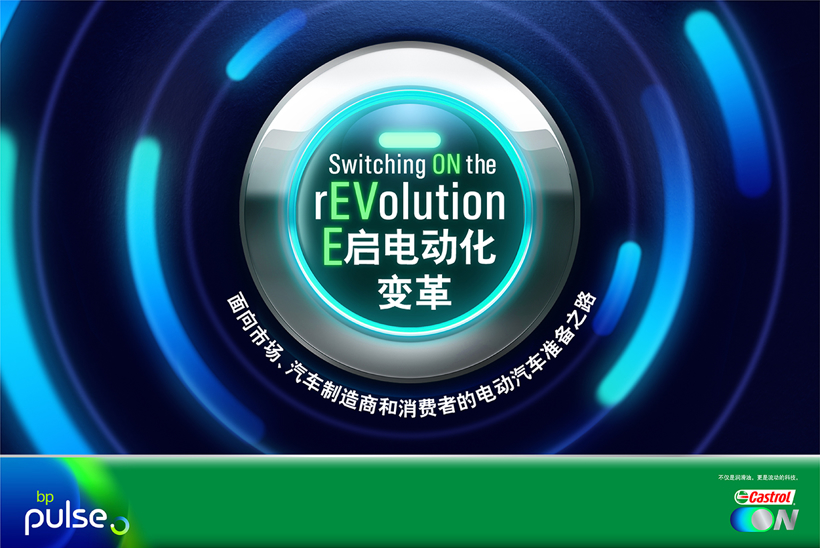
On June 24th, Castrol Eqihu GlobalNew EnergyInsight Report "Electrification of Electric Transformation" was officially released. Related technology research and development status, so as to help the industry to understand the development trend of electrification and the real needs of users in an all-round way.
Car electrification is unstoppable, and consumer willingness is soaring
"Banning" has become a popular keyword in the auto industry in recent years.
As the world pays more and more attention to climate issues, countries have successively given timetables for "banning combustion", and this process is being accelerated.On June 8 this year, the EU voted to pass a proposal - starting from 2035, the sales of new fuel vehicles in the EU will be stopped.New energy vehicles" hybrid vehicles.
Since the invention of the first modern car by Karl Benz in 1885, the century-old automobile industry has stood on the eve of a major change and reshuffle, and all sectors of the industry have had to accelerate the transition toelectrification.For example, Volkswagen Group aims to become the global electric vehicle market leader by 2025; General Motors is committed to promoting the electrification of all new models by 2035...
Behind the transformation is the increasing investment in research and development by various companies.According to the 1,000 auto executives who participated in the survey, in2015, the average proportion of R&D expenditures on pure electric vehicles in enterprises was only 11%, but today this proportion has almost doubled to 21%.
And in theirforecast,by 2025,this proportion will reach 31%, an increase of nearly 3 times in 10 years.
With the guidance of various governments and the gradual formation of the electric vehicle industry chain, related technologies have become more mature, more and more high-quality electric vehicles have entered the market one after another, and consumers' awareness of environmental protection has awakened. Among the50% of consumerswho participated in this surveySaid that they will consider electric vehicles when they buy a car next time. Among them, the willingness of Chinese consumers is much higher than that of other markets, reaching 80%.
As we all know, China is the world's largest auto producer and consumer.After more than ten years of my country's all-out efforts to promote the development of the electric vehicle industry, it has finally ushered in explosive growth.Entering 2022, despite the resurgence of the epidemic, the new energy vehicle market is still moving as fast as everyone expected.
If there is no accident, my country is expected to achieve the medium-term goal of "20% penetration rate of new energy vehicles by 2025" ahead of schedule this year, and is developing towards the medium and long-term goal of "full electric drive by 2035".
Focus on the pain points of industrial transformation, and promote multi-party cooperation
The industrial transformation is accelerating. According to the "burn-out" schedule of various countries and major car companies, the electrification of the automotive industry has entered a critical period of inflection point, and new energy will grow at a double rate in the next 10 years.
"E-Starting Electric Transformation" shows that 97% of auto executives firmly believe that their companies will be able to achieve"burning ban"by 2040,but it is worth noting thatonly 40% of the participants aresure thattheir companies have done a good job in this regard .After preparing, more than half of the enterprises are still exploring and moving forward.
If the transition barriers identified by 1,000 automotive executives are ranked in order of difficulty,the high cost of batteries is well deserved.
It is undeniable that in recent years, the cost of power batteries has dropped significantly compared with the initial stage, but with the outbreak of the epidemic, the prices of various materials for power lithium batteries have risen, and some materials have risen several times.56% of auto executives believe that this has undoubtedly poured cold water on the auto industry, which is undergoing rapid transformation.
At the same time, under the rapidly advancing electric vehicle market, the charging infrastructure is slowly advancing.
Looking back on the November holiday in 2021, the scene of long electric vehicle charging queues in China's expressway service areas is deeply rooted in the hearts of the people, making many electric vehicle consumers turn to buy fuel vehicles.It is not only China that is troubled by this. According to "E-Starting Electric Transformation", morethan 70% of the non-electric vehicle drivers participating in the survey believe that the lack of super fast charging piles and the reliability of charging infrastructure are the main factors A big reason why they stick to internal combustion engines and hybrids.
At the same time, research shows thatwhile the majority of EV drivers believe that existing infrastructure is sufficient for current needs, significant capacity expansion is needed to keep pace with EV growth in the coming years.
As mentioned above, the relationship between high R&D investment and transformation success is not necessarily related. If you want to successfully transform this year in the future, you need to collaborate and co-create between the lengthy and complex supply chain links to improve efficiency, increase production capacity and Addressing consumer concerns becomes critical.
"Cooperation will play a key role in the electrification transformation of the automotive industry, especially in the rollout of extensive, fast and reliable charging infrastructure, which will make it as easy as refueling electric vehicles to refuel electric vehicles." bpElectrification & Mobility Alexander Junge, General Manager Central Europe at bp Pulse, a mobility subsidiary, thinks so.
Focusing on bp Pulse itself,it has recently entered into a strategic partnership agreement with the Volkswagen Group to develop super fast charging at bp retail locations in the UK, Germany and elsewhere in Europe.At the same time, " we also plan to continuedeveloping digital charging solutions forcar companiessuch as the BMW Group and Daimler. "
Not only that, bp continues to expand new businesses and establish new operating partners, including the establishment of a new company, bp Xiaoju, with Chinese travel company Didi, to provide drivers, including Didi car owners and social car owners, with better services. A convenient and reliable charging service for new energy vehicles.
Farther¹,faster², and moreeconomical³ , CastrolONEhelps E start the electrification revolution
With the rapid development of the global electric vehicle market, the pain points of the industry are gradually magnified. In addition to further increasing investment in research and development, the cooperation between industries is becoming more and more close. As an internationally renowned lubricant brand, Castrol also exerts its unique advantages. Help the transformation of vehicle electrification.
As mentioned earlier, as the core of electric vehicles, the high cost of power batteries is an important factor hindering the rapid electrification transformation of most car companies.However, if you look at the composition of its costs, it is not only due to the rising price of raw materials, but also due to the pressure transfer from automobile manufacturers and battery manufacturers to the cost of power battery technology research and development.
"At this stage, a lot of research and development is focusing on finding alternatives to lithium-ion batteries, such as lithium metal batteries." The general manager of a power battery manufacturer in Japan said that the cost of realizing this technology can be continuously lowered until it is lower than the current The cost of lithium-ion batteries at the stage will take more than ten years.
Against this background, he believes, "Electric vehicle fluids are indispensable inthe age of electric mobility. Theyensure that the carrunssmoothly,allows longer battery life and minimizes wear and tear on internal components."
"As a lubricant expert with a century-old history, Castrol has always been committed to providing customers with professional lubrication products and solutions." Rebecca Yates, Vice President of Castrol Advanced Mobility and Industrial Products, introducedCastrol ON Castrol E Kaihu Electric Vehicle Fluids can help electric vehicles achieve longer mileage¹, faster charging², and longer life³ demands*, helping the industry to accelerate a critical inflection point for mainstream electric vehicles.
In fact, the research and development of Castrol E-Care series is not only a reflection of Castrol's innovative technical strength, but also due to the close collaboration between Castrol and industry partners.
"With the continuous development of electric vehicles,Castrol's professional team redefines lubricants by cooperating with Jaguar Formula E Team, Williams Advanced Engineering Company, Xingjing Technology, BYD and other partners, as well as the world's leading OEM, Tier 1 production methods to find unique solutions to the industry’s biggest challenges,” said Sumeet Wadhwa, Marketing Director, Electric Vehicle Development, Castrol.
Due to Castrol's ultimate pursuit of product technology and strong R&D strength, two-thirds of the world's large automakers have adopted Castrol E-Care electric vehicle fluid for the production of new energy vehicles#.
In the future, as Castrol deepens its cooperation with more industrial partners, it will rely on its strong technical strength and continuous innovation to help industry E start the electrification transformation.
Statement: the article only represents the views of the original author and does not represent the position of this website; If there is infringement or violation, you can directly feed back to this website, and we will modify or delete it.
Preferredproduct
Picture and textrecommendation

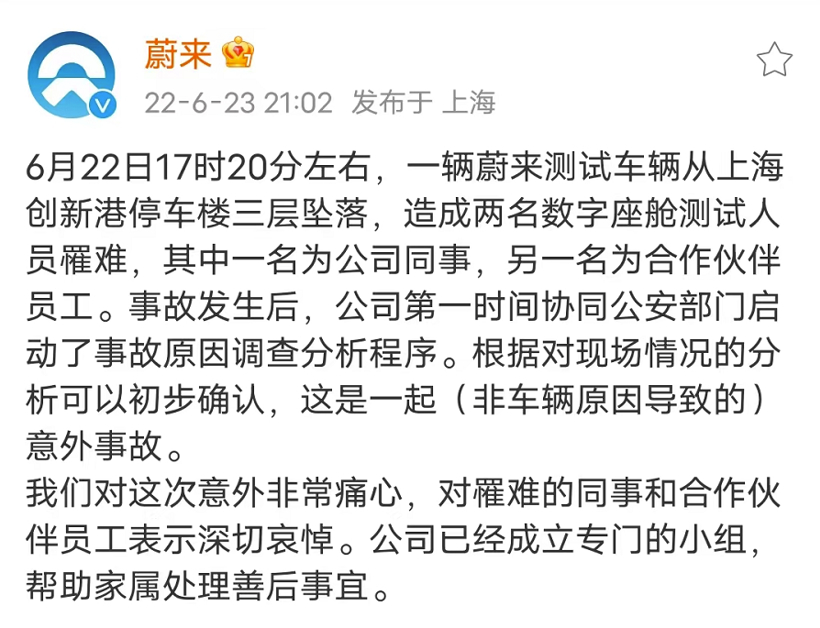
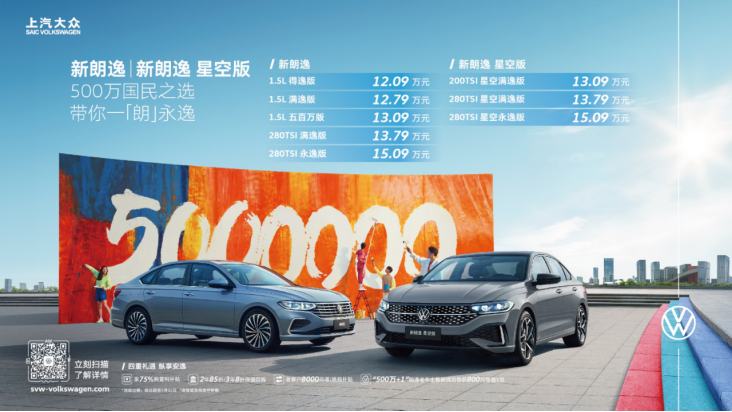
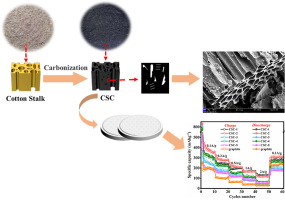
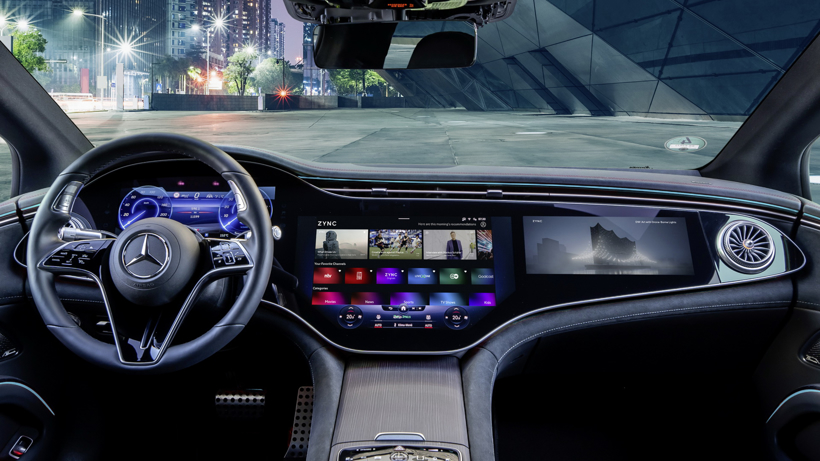
2022-06-24 20:05:26
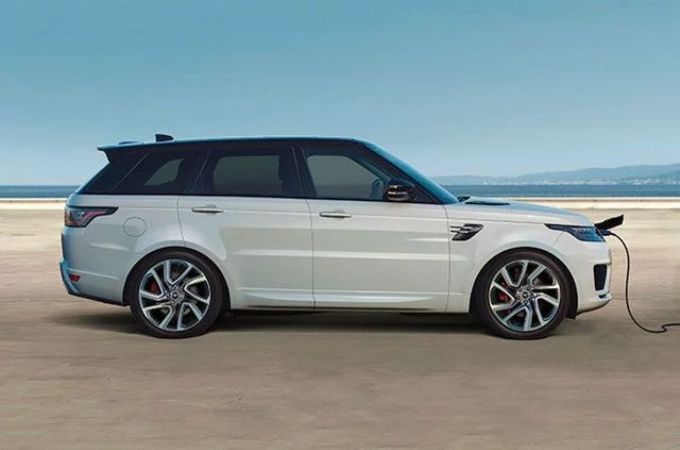
2022-06-24 20:05:03
Hot spotsranking
Wonderfularticles
Popularrecommendations
